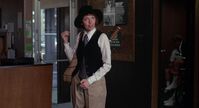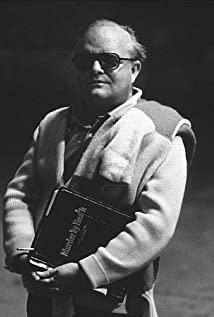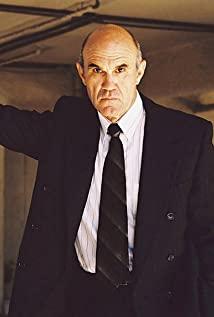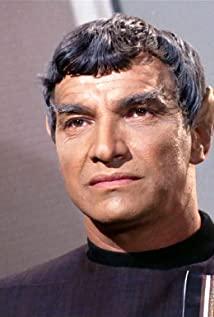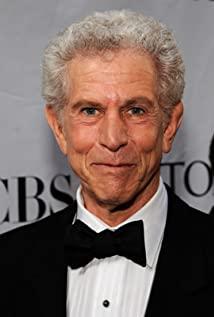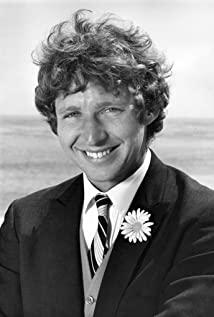Annie met Ivey while playing tennis. Maybe she noticed Ivey's unique temperament from the beginning, so this relationship was actually initiated by Annie. What is love, in fact, love is a state. Close to Ivy's character, crazy/contradiction/entanglement/back and forth/on-off/on-off, of course there are a few moments of joy, but hormones and adrenal hormones only last for a few months, and then again how?
We can see that if there are too many quarrels and too many unhappiness in a relationship, then in all likelihood, it will not reach the end. When the love was over, Annie returned to her ordinary girl's characteristics, and Ivey was actually still that neurotic character. We always laugh at the fact that when boys and girls break up, it's bullshit that the other side says their personalities don't match. But character is perhaps the biggest problem. Schopenhauer said in "The Wisdom of Life": A person's character does not change. From his birth to his death, his character will never change. If something pushed him to go against his character, it might be reversed for a while. If this anti-character state continues or goes too far, he will inevitably abandon everything and return to his original character.
Love is such a crazy/nervous state that couples who are in love take pleasure in and even feel pain and suffering are part of love. We say that two similar people are suitable for friends, and two complementary people are suitable for partners. If I don't understand what you're saying, and you don't understand what I'm saying, it's not the so-called complementarity at all. The real complementarity is complementation based on a common language. For example, the general views on the same thing are similar. Girls see the details, while boys see the whole.
I don't agree that Ivey's third relationship is any different than the previous two, and neither is Annie. Furthermore, I think there is nothing special about the two ex-wives before. They are both ordinary girls who desire a stable and stable life rather than a slightly neurotic life. Why would he want to divorce them, maybe he finds married life incongruous, as he and Anne did. His delayed promise to marry Annie also shows from the side that his first two marriages may have been too hasty for him personally. He has a special feeling for Annie, and the film is named after this because the relationship did not come to fruition.
In fact, when he flew to Los Angeles, drove to meet Anne and promised marriage, some people said that this is the power of love. In my opinion, the slightly neurotic Ivey is actually a portrayal of his desire for a stable life from the bottom of his heart. A friend said that if Ivey could live in Los Angeles, which he hated, maybe he could impress Annie and have a different ending. First of all, I think grudgingly putting up with things you don't like might be okay for a while, but eventually it will burst out. Second, deep personality incompatibility cannot guarantee the stable and continuous development of a relationship. And character cannot be changed.
We might be able to imagine. If the girls that Allen met later had the same temperament as him, they would be together for a lifetime. And most girls are like Annie. When love comes, they go through fire and water / intense enthusiasm / regardless of worldly opinions, and when love leaves, they will gradually separate. So when he meets his kind of Tony, they get along just fine.
After all, love is such a thing. After the end, each other's personalities and mutual tacit habits are similar to ensure that the hands are not separated.
View more about Annie Hall reviews



